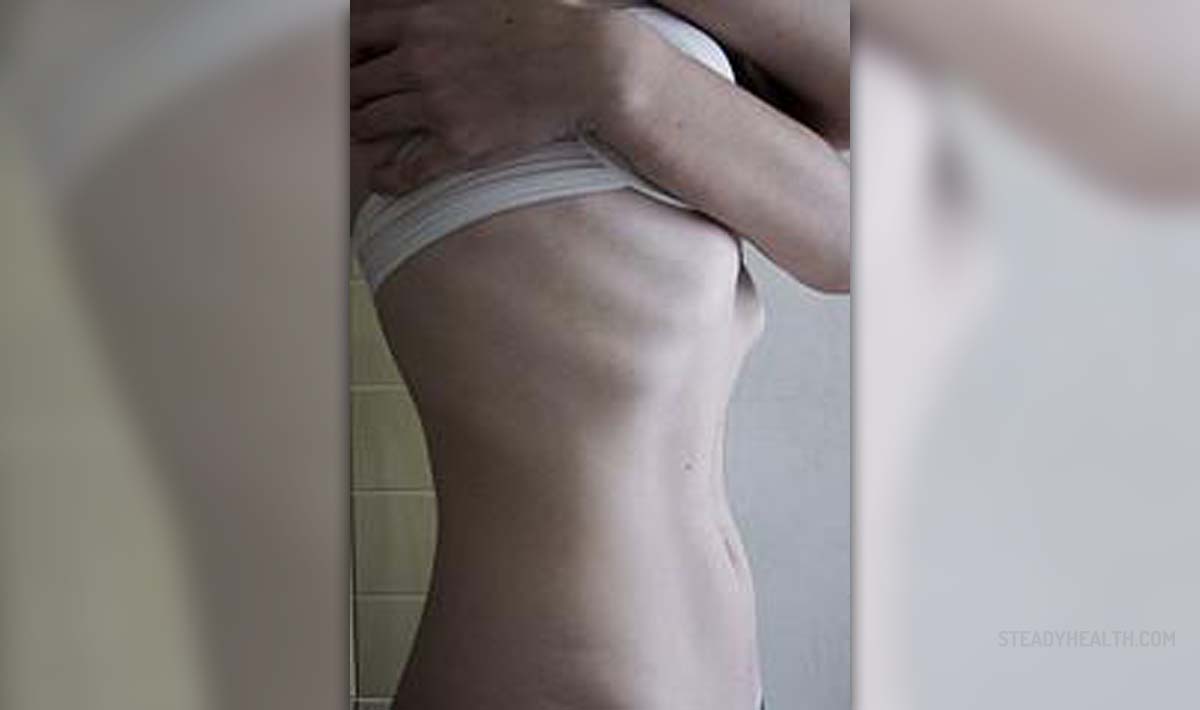
With the excess of availability of popular culture through modern media, celebrities have set standards for a perfect body and beauty in general. Therefore, all people who cannot match their physical characteristics are likely not to be labeled as attractive, at least in the most prominent way possible.
Therefore, the pressure the global society makes on individuals may lead to serious physical, psychological and behavioral problems. One of the greatest problems of this type is concerned with eating and attitudes towards food. Namely, in their desire to find comfort in food or avoid eating in order to maintain a “perfect” body weight, people often fall into the profound emotional and physical consequences of suffering from eating disorders.
Among many factors which push them into the abyss of this disorder, peer pressure is among one of the most frequent ones.
Peer Pressure Can Be Hard on a Child
Even though there are many theories about the possible causes of eating disorders, most of these are mere speculations since we are yet to find out the scientifically proven ones. Nevertheless, we know that certain factors are responsible for this disorder and peer pressure is one of the most prominent ones in this respect.
Most people develop eating disorders at a young age, while being between 13 and 17 years old. The pressure and all the expectations that people around teenagers and adolescents deliver can make it impossible for one to remain satisfied with him/herself. Thus, many young people break under this pressure, developing some eating disorders like anorexia, bulimia or binge eating disorder, along with certain psychological disorders such as depression, substance abuse and anxiety.
Since people expect more from girls, when it comes to staying fit and being attractive or even beautiful, the society applies this peer pressure onto female individuals more, having unrealistic requirements and expectations, forcing girls and women into abnormal eating habits where they starve, overeat or eat and purge themselves in order to maintain a satisfactory body figure.
All in all, from the first days of school, through teenage and adolescent years, all the way into the adulthood, we are told what to eat and how to behave, according to the current aesthetic standards. Commonly, this backfires and leaves permanent consequences through eating disorder development, among many other things.
Regardless of the type of eating disorder one is suffering from, he/she needs timely help in order to manage to battle the health problem successfully.
Prevention of Eating Disorder
Fortunately, people suffering from eating disorders are not helplessly exposed to these problems. Rather, there are several methods of treatment which can prove to be of assistance. Basically, these people need to start from zero and gradually learn how to have normal eating habits and patterns, overcoming the behavioral problems they have related to food consumption.
Since these issues encompass both mental and physical factors, many health experts including doctors, mental health professionals and dietitians can be the part of the rehabilitation and treatment team. Bear in mind that, in about 50% of cases, genetic factors are behind eating disorders, making it a problem harder to treat.
Communication and open attitude are crucial factors when it comes to treatment and curing of eating disorders. The affected individuals need to learn how to overcome the social expectancies and be satisfied with their own body. They need to learn that defying the conventional expectations can be a good thing, promoting health instead of life-threatening diseases. If you have no friends of family to receive such support from, feel free to contact professionals such as therapists, dietitians, counselors, teachers, coaches, neighbors or even your doctor or some adult which can be trusted. Sharing is crucial in order for help to be found, especially if you are a teenager not yet capable of making any changes on his/her own.
As for the weight gain which needs to take place in cases of bulimia or anorexia, 2 to 3 pounds per week should be considered as a healthy pattern. Start by consuming 30 to 40 calories per a single kilogram of your body weight, in divided meals. Do not eat during the night, but, rather, distribute meals through smaller portions about five times during the day.
If constipation strikes, you should treat this with mild stool softeners, not laxatives. Adults, friends, parents or other caretakers should pay attention to the regularity of this healthy recovery program, making sure that the patients are eating the right food in the right time, through proper behavior.
As for the psychological healing, psychosocial treatments are usually necessary in cases of eating disorder patients. These are commonly introduced during hospitalization, when the type of eating disorder is a severe one. Group therapy, family therapy, marital therapy and many other forms of behavior therapy have proven to be quite useful.
Finally, once you seek medical assistance, your doctor will prescribe you adequate medications for the type of eating disorder you have developed.
To sum up, eating disorders are commonly caused by the society around us. The sheer peer pressure we endure through modern media, celebrities and people around us may make us feel less worthy of other people's attention. In order to heal this, we can develop an eating disorder, during our continuous battles to either suppress the feelings inside of us or to maintain ridiculously small amounts of body weight.
















Your thoughts on this
Loading...